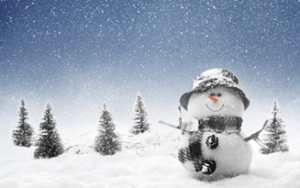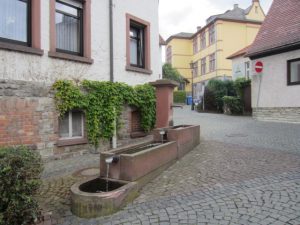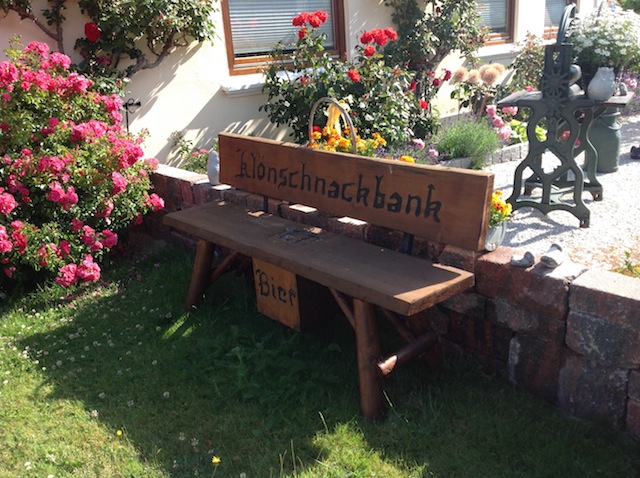Which town has the oldest Christmas Market in Germany? Among the many questions I get from expats around the area, this one is related to Christmas.
The town is Dresden. Its Christmas Market, also locally referred to as Striezelmarkt, was the first one of its kind to be mentioned in 1434.
Meaning of Striezel (m): 1) In eastern and central Germany, a Striezel is a yeast dough bread, similar to Stollen (e.g. Weihnachtsstollen). 2) The term can also stand for ‘naughty boy’.







